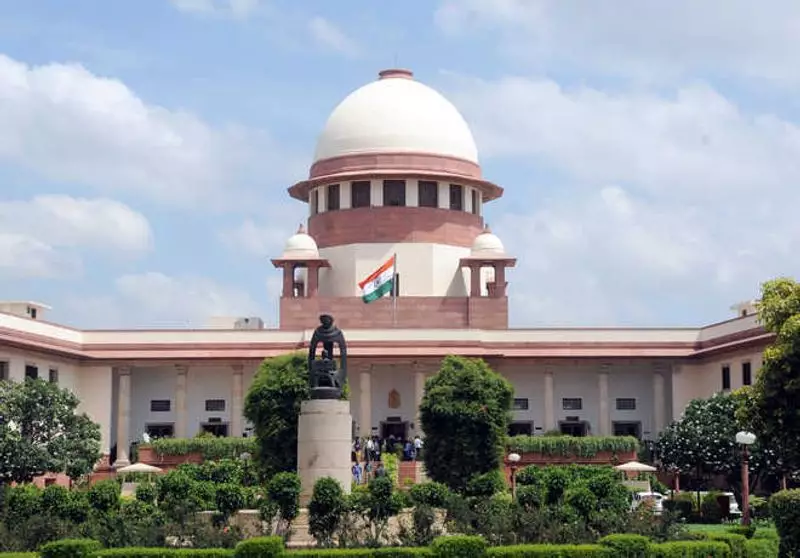
The ruling Dravida Munnetra Kazhagam (DMK) party of Tamil Nadu has escalated its political battle with the Election Commission of India, approaching the Supreme Court to challenge the decision to conduct the Vikravandi assembly constituency by-election during what they term as "inclement weather conditions."
Legal Battle Over Election Timing
The DMK's petition, filed through its organizing secretary, alleges that the Election Commission's announcement to hold the by-poll on July 10th demonstrates "complete non-application of mind" and ignores the practical challenges posed by the ongoing monsoon season. The party contends that heavy rainfall and potential flooding could severely impact voter turnout and compromise the electoral process.
Monsoon Concerns Take Center Stage
According to the petition, the DMK had previously submitted multiple representations to the Election Commission, urging postponement of the by-election until more favorable weather conditions prevail. The party argues that conducting elections during peak monsoon months puts both voters and election officials at risk while potentially disenfranchising significant portions of the electorate.
The legal challenge highlights several critical concerns:
- Safety risks for elderly voters and election personnel
- Potential disruption of transportation due to flooding
- Possible low voter turnout affecting democratic representation
- Logistical challenges in setting up polling stations
Constitutional Questions Raised
The DMK's petition doesn't merely question the timing but raises fundamental constitutional questions about the Election Commission's discretionary powers. The party argues that while the Commission enjoys autonomy in scheduling elections, this power must be exercised reasonably and in consideration of ground realities.
This legal move represents the latest chapter in the ongoing political dynamics of Tamil Nadu, where the Vikravandi seat fell vacant following the death of the sitting legislator. The outcome of this by-election holds significant political implications for both the ruling DMK and opposition parties in the state.
The Supreme Court's decision on whether to intervene in the Election Commission's scheduling could set important precedents for how weather considerations factor into India's electoral calendar, particularly for states experiencing extreme seasonal conditions.






